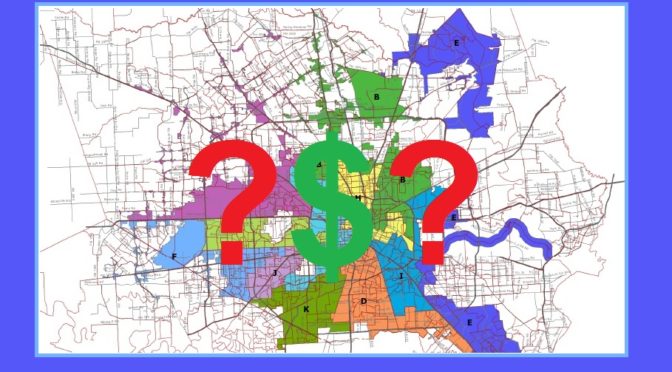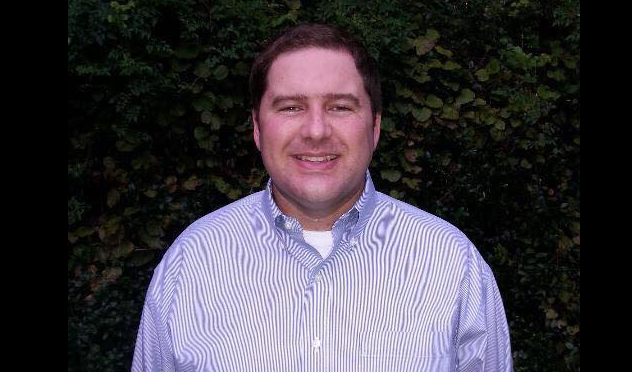Turner Tables Planned Revenue Cap Repeal Vote
After years of discussion and, failed attempts, and being a central focus of the last Mayoral election, Mayor Turner has likely decided that now is not the time to ask voters to repeal Houston's self-imposed Revenue Cap. As Rebecca Elliot of the Houston Chronicle reports, the surprise is a bit more complicated than your normal … Continue Reading ››

